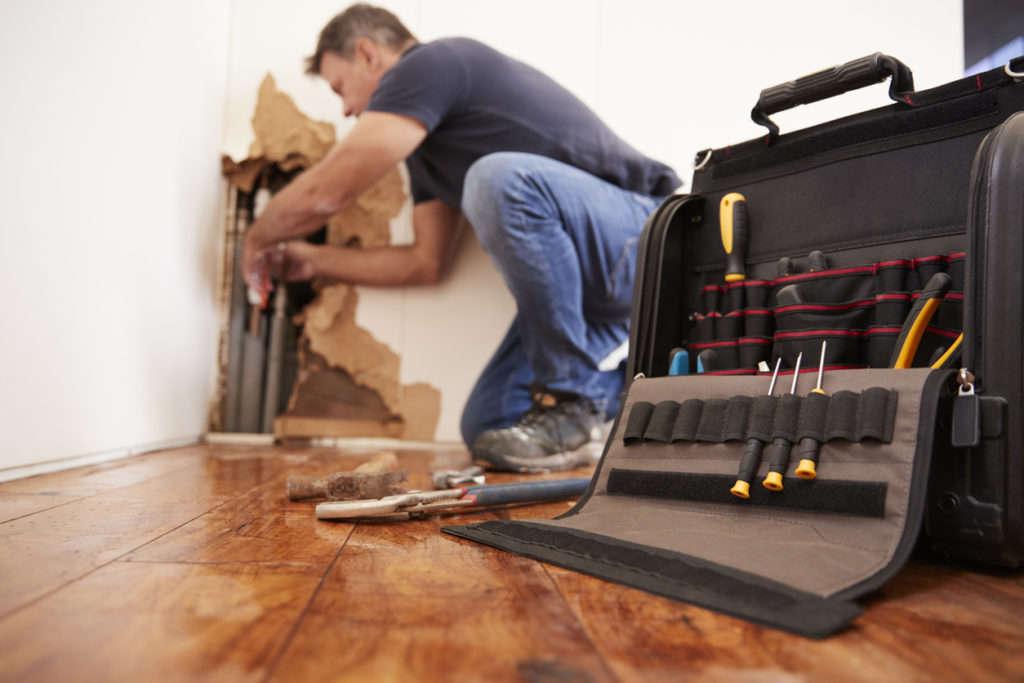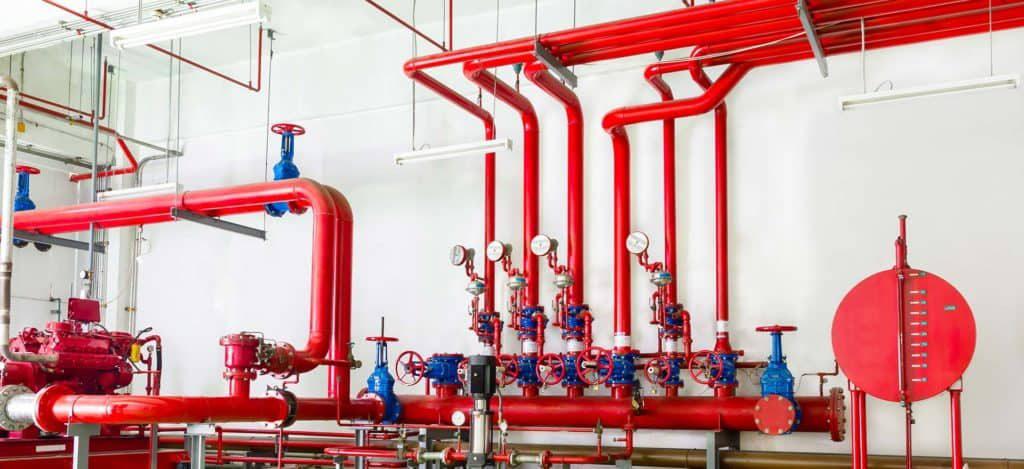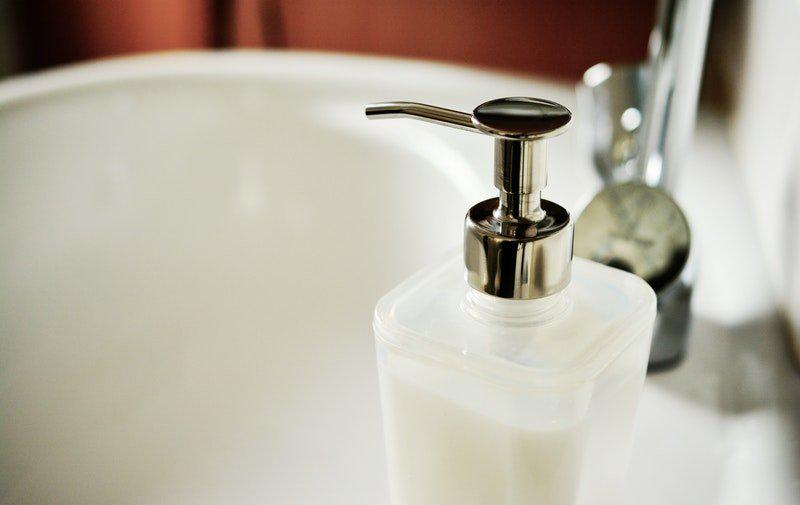
Energy-efficient appliances can help to reduce power bills as well as water bills. However, the appliances that are used the most often can make the biggest difference in the reduction of consumption. The best choices for energy-efficient appliances are the fridge, washing machine, dryer, and dishwasher.
What to Look For
When selecting your new energy-efficient appliances decide which you want to upgrade and then find suitable ones for you. You may start with hot water system replacements, or even solar energy. Remember, items that are the smallest size that will work for your family will reduce their energy. For example, a small microwave will use less power than a large one, but it must be big enough to suit your needs or be used twice as much. Look for the blue energy saving star on the appliances you are considering, as it shows they have been tested and will use less energy than traditional models.
Fridge
Look for a fridge that has an energy star and will be the right size for your needs. The larger the space being cooled, the more energy it will take to maintain the cooler temperature, and as heat rises, units with the freezer on the bottom will consume less energy than those with the freezer on the top. Having a second fridge in the home will use more energy than just running one, so where possible, use one fridge for all your needs, even if it needs to be a bit larger to accommodate it.
Washing Machine and Dryer
The washing machine and the dryer are high-use appliances. They frequently run during the week and use a large amount of energy each time. Choosing energy-efficient appliances can save on both water and energy, while washing in cold water is the most efficient. A washing machine that has different settings for a small load versus a larger load, and a gentle than a heavy-duty, will allow you to use the settings that you need, and having a shorter cycle will use less water and energy than a longer one. A dryer with a sensor to shut off when the items are dry can save energy over one that continues to run after things are already dry.
Dishwasher
Dishwashers have perhaps had the most improvements in added sensors that can adjust the settings and cycles that are suitable for smaller loads and for less dirty dishes. This allows them to use only the amount absolutely necessary, and allowing dishes to air dry will reduce the costs over a heated dry cycle. Scrap all dishes, but they do not need to be rinsed, and a dishwasher with a heating element included allows you to leave your water heater a bit lower temp while still getting the hotter water for your dishes. Look for the energy star and check the manual for how much energy it consumes, as well as wait until your dishwasher is full before running.


